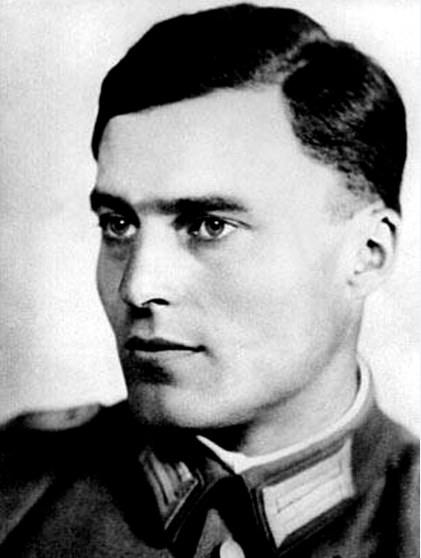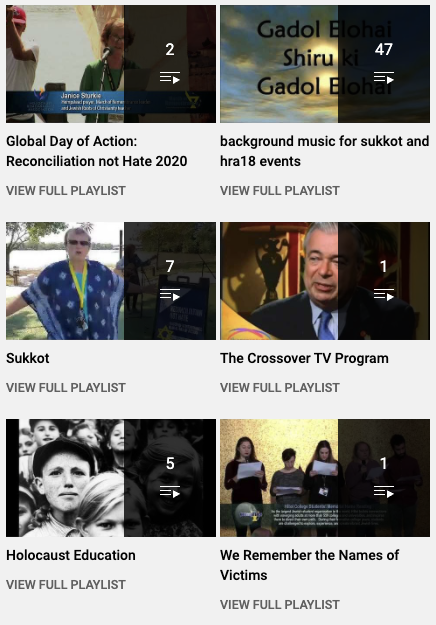July 17, 2025 – Dr. Susanna Kokkonen
Pinchas 5785 (2025)
Numbers 25:10 – 30:1 (Haftarah: Jeremiah 1:1 – 2:3)
Pinchas, the name of the Torah portion is a name of a Biblical personality. The portion relates very directly to last week. The Prince of Moab, Balak, tried to put a curse against the Israelites. A diviner, Balaam, was his desired accomplice. That did not go as planned at all. We recall that Balaam ended up blessing this the Israelites. The story was not over, however. Midianite women seduced the Israelites. Idol worship followed. One man, Pinchas, ended up acting righteously.
“The Lord said to Moses, “Phinehas son of Eleazar, the son of Aaron, the priest, has turned my anger away from the Israelites. Since he was as zealous for my honor among them as I am, I did not put an end to them in my zeal. Therefore tell him I am making my covenant of peace with him. He and his descendants will have a covenant of a lasting priesthood, because he was zealous for the honor of his God and made atonement for the Israelites.” (Numbers 25: 10 – 13 NIV)
What is interesting in studying the incident is that women seem to have had such a leading role in it. The Midianite women seduced the Israelite men. And in the original Hebrew text one of them, Kozbi, is mentioned as being the very daughter of the Midianite Prince.
“They treated you as enemies when they deceived you in the Peor incident involving their sister Kozbi, the daughter of a Midianite leader, the woman who was killed when the plague came as a result of that incident.” (Numbers 15:18 NIV)
Later, a census was made of the people, and the Torah lists all the tribes in the detailed order according to their numbers. In this same Torah portion, we encounter more women. This was history’s first struggle for women’s rights. I have heard people say many times that the Bible is an old-fashioned book. Here however we have an incident of women demanding equal rights. The interesting thing to know is that God gave them just what they requested.
“The daughters of Zelophehad son of Hepher, the son of Gilead, the son of Makir, the son of Manasseh, belonged to the clans of Manasseh son of Joseph. The names of the daughters were Mahlah, Noah, Hoglah, Milkah and Tirzah. They came forward and stood before Moses, Eleazar the priest, the leaders and the whole assembly at the entrance to the tent of meeting and said, “Our father died in the wilderness. He was not among Korah’s followers, who banded together against the Lord, but he died for his own sin and left no sons. Why should our father’s name disappear from his clan because he had no son? Give us property among our father’s relatives.”
So Moses brought their case before the Lord, and the Lord said to him, “What Zelophehad’s daughters are saying is right. You must certainly give them property as an inheritance among their father’s relatives and give their father’s inheritance to them.” (Numbers 26:1 – 7 NIV)
A Call
The Haftarah portion is from prophet Jeremiah. At the very beginning of the book there is a description of the call by God on his life. This should be encouragement to everyone because accordingly God knew us before we were born. The Bible affirms that there is a call and a destiny in each life. If you choose to believe this, then you will know that each day you will just look for those things that God has appointed for you to do. You are not too old; you are not too young or any of those things because the Lord rebuked Jeremiah for saying that he was a youth.
“The word of the Lord came to me, saying,
“Before I formed you in the womb I knew you,
before you were born I set you apart;
I appointed you as a prophet to the nations.”
“Alas, Sovereign Lord,” I said, “I do not know how to speak; I am too young.”
But the Lord said to me, “Do not say, ‘I am too young.’ You must go to everyone I send you to and say whatever I command you. Do not be afraid of them, for I am with you and will rescue you,” declares the Lord.” (Jeremiah 1: 4 – 8 NIV)

Let us consider the incident of women demanding their inheritance rights and add to that what God later spoke to the young Jeremiah. This happened at the beginning of his prophetic work. It seems to me that in our modern terms, God is an equal opportunities employer.
The other thing that God immediately confirmed to the prophet was that He Himself was responsible for His word being fulfilled. The Hebrew word for “watching to see” is shaked, which is also the Hebrew word for almond. It is so amazing to see the symbolism. God used the image of the beautiful almond tree to confirm that Jeremiah could speak with confidence. That is because He, not the prophet, would make sure what His word would accomplish.
“The word of the Lord came to me: “What do you see, Jeremiah?”
“I see the branch of an almond tree,” I replied.
The Lord said to me, “You have seen correctly, for I am watching[b] to see that my word is fulfilled.” (Jeremiah 1: 11-12 NIV)
This should give hope for all of us. Our work is not in vain and if we have a word of encouragement to share, we should confidently do so.
The Date in History
The date of this Torah portion is remarkably close to July 20th.
July 20th, 1944, saw an assassination attempt, the culmination of a plot against Adolf Hitler, which failed. The plot was known as Operation Valkyrie. Although there were civilians who participated in the conspiracy, among them Pastor Dietrich Bonhoeffer, without military intelligence it would surely not have been possible to organize it. In the military in general those in high places were nationalistic. There is a lot of debate even now going on about the plot. Certainly, in the immediate days after it, and in postwar Germany many considered the participants traitors.

There is a movie about the plot and specifically about the role of Colonel Claus von Stauffenberg. Although participants had varied reasons, we do know that some of the conspirators were very much aware of the anti-Semitic policies and objected to them. Some of them were against Hitler’s policies as they feared that Hitler would ruin Germany.
Although general Stauffenberg managed to bring a bomb to East Prussia where Hitler was at the time, the plot failed completely. The authorities executed some of them immediately. Incredibly, they had over seven thousand people arrested for the plot. They executed 4980.
Among these was Pastor Dietrich Bonhoeffer.
What about words?
Interestingly, the keywords of the Torah portion (the name Pinchas and almond/ almond tree) do not appear in the New Testament at all. Pinchas acted according to God’s orders, and the almond tree is a symbol of God watching the fulfillment of his word. In the New Testament repeatedly, when people challenged him, Jesus appealed to the Torah and the Prophets.
“Jesus answered, “It is written: ‘Man shall not live on bread alone, but on every word that comes from the mouth of God.” (Matthew 4:4 NIV)
He also confirmed that this word of God would be forever.
“Do not think that I have come to abolish the Law or the Prophets; I have not come to abolish them but to fulfill them. For truly I tell you, until heaven and earth disappear, not the smallest letter, not the least stroke of a pen, will by any means disappear from the Law until everything is accomplished.” (Matthew 5: 17 – 18 NIV)
In these trying times we are living in take courage of what you have just been reading. Choose to believe in the Word of God above all the other things you encounter.
Find your courage in the promises of the Word!
*For an explanation of the terms see the first Pearls of The Torah Portion Blog.
| Coral and crystal cannot be mentioned, and the striving for wisdom [is more precious] than pearls. | רָאמ֣וֹת וְ֖גָבִישׁ לֹ֣א יִזָּכֵ֑ר וּמֶ֥שֶׁךְ חָ֜כְמָ֗ה מִפְּנִינִֽים: |
Job 28:18 (NKJV)
Again, the kingdom of heaven is like a merchant seeking beautiful pearls, who, when he had found one pearl of great price, went and sold all that he had and bought it.
Matthew 13:45-46 (NKJV)
Torah Scrolls were attacked and desecrated during the Holocaust. The enduring images of the Kristallnacht (November 9-10,1938) are those of synagogues on fire and Torah Scrolls burning. Some of these desecrated Torah Scrolls disappeared, others were buried. Some were lovingly rescued and are on display in museums in various locations.


